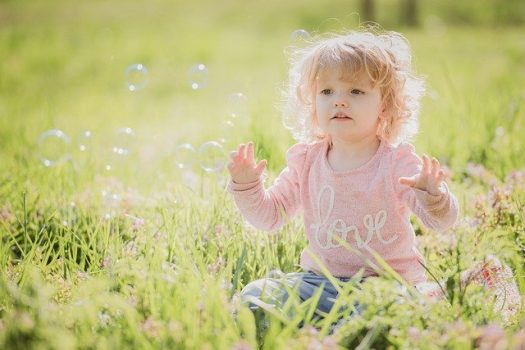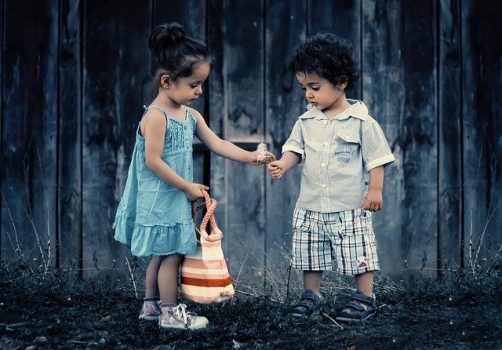Articles about: children


Time perception in children and adults
Time is the fundamental dimension we use to coordinate our social interactions and organize our memories and plans. How do we estimate time? How does the sense of time differ between children and adults, and at what age do we begin to perceive time similarly to adults? Sandra Stojić and her colleagues tried to answer […]
Read more

Smog can negatively affect brain development in children
Air pollution has a negative impact not only on the respiratory and circulatory systems, but also on the nervous system, and children are particularly vulnerable. Pollution causes inflammation of the nerve tissue and may increase the risk of developing Alzheimer’s disease later in life.
Read more

Rett Syndrome
Rett syndrome is a rare neurological disorder with a genetic background. Due to its symptoms, it is often confused with autism or cerebral palsy. Children with Rett Syndrome also often get an unfounded diagnosis of mental disabilities.
Read more

Chronotype of teenagers, or why lessons in schools should start at 11 am
Chronotype is a feature that determines what time of activity the body prefers. People with the morning chronotype are commonly called “morning larks” and people with the evening chronotype – “night owls“. Like all our traits, it is partly genetically determined, and partly other factors – social, cultural and environmental. And like any other feature […]
Read more

Empathy in children. Piaget was not right.
Are young children capable of empathy? The article describes the study of the 70s., where Helene Borke proves that, yes. Empathy is a fundamental process underlying the human interaction and communication. It seems as important for interpersonal development as intelligence for cognitive. By observations of spontaneous language of children, their behavior when they play, and coping with […]
Read more